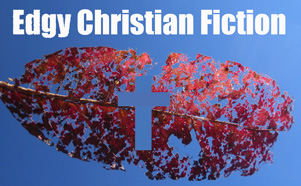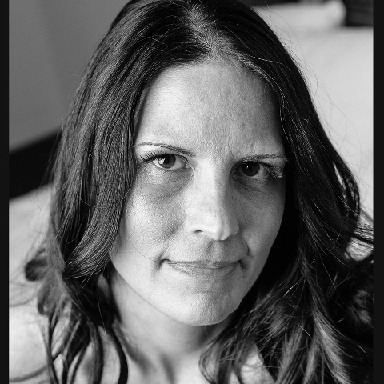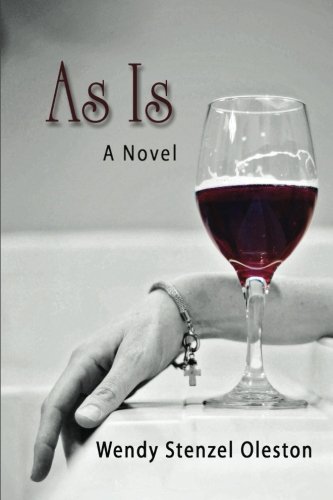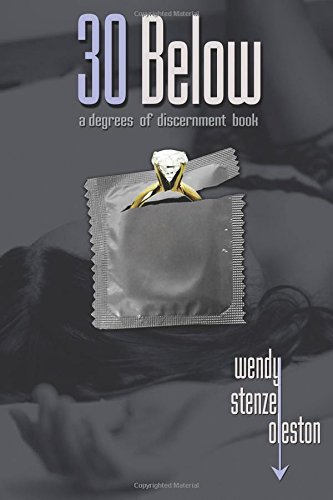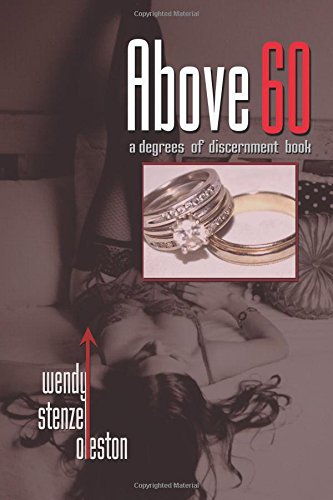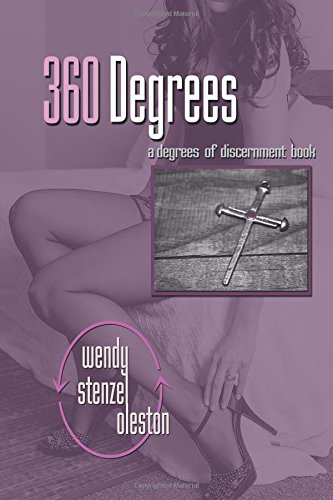Interview with Wendy Stenzel Oleston:
It started when I put out my book “As Is,” I was very excited because it was my first Christian fiction novel and I very quickly realized, after it was out, that what I thought was appropriate for Christian fiction is not what the average Christian fiction reader finds appropriate. I got spoken to harshly by another author who is a Christian fiction author, and she’s award winning, a wonderful lady, she’s so sweet, but she read my book to review it and when she contacted me, she was not very happy with me. I used some language and some, not any actual sexual content as far as active sexual content. I talked about some sexual content and apparently those things were frowned upon and I did not know that. So, I was very surprised and then what I found was, it was very difficult to find my readers because I wanted to keep Christian in my category, my genre category. I just did not feel right about taking it out. I thought about it. Well, let me just take the Christian out and call it fiction, general, inspirational. I thought about all the different genre options and none of them felt right to me. I just felt the calling that God was saying stand firm on the fact that you are writing Christian fiction, and so I refused to change it. But what I did do was I added a content warning in my listing on Amazon and any place where my books are, there’s my warning so I don’t get hate mail from people who might think it’s a super clean book and they get mad.
What I discovered was I wasn’t selling many books because I was keeping it in the Christian fiction category with a warning. So then I thought, let me try – I had heard about edgy Christian fiction, and I tried to get in with a couple of those groups and all of them told me that I was too edgy for them. It was still not going to work. Oh, great, now what am I going to do? How do I meet an audience that doesn’t exist? I know they’re out there, but how do I find them? So, I did some research on edgy Christian fiction. I realized it wasn’t an actual sub-genre. I did a little research and thought this is what we need. And I actually wanted to change it to “real world” Christian fiction. That is what I was thinking I would call it and so I contact the BISAC people and asked them if they would consider adding that. They wrote me back really quickly and just said, this is what we need if you want us to consider it. That was when I got on the mission to get the hundred titles. It wasn’t until I met you and we spoke a little bit and talked about edgy Christian fiction and what that really is, what’s that definition – your comments on what real world Christian fiction might sound more like regular non-fiction. Maybe that wasn’t the right way to say it. I embraced edgy christian fiction as the sub genre and when I finally did get those hundred titles together, that is what I requested.
Why do you think a traditional Christian reader might be offended by “edgy” Christian fiction?
I understand where they are coming from. I don’t live my life in that way. I get what they’re saying. I think a lot of people that read just Christian fiction are wanting to shield themselves from what they see as a serious sin. By exposing themselves to language that they would not normally use and exposing themselves to scenes in a book which might make them fall into some lust that they don’t want in their lives, they shield themselves from that by reading Christian fiction that they know is going to be clean. It’s not going to have that language. It’s not going to have those things that might tempt them, and I get that. I understand that and if that’s the kind of life that you are trying to live, to shield yourself from those things that are in this real world and you pick up a Christian fiction book and it’s loaded with that, I can see why that would be very upsetting. However, my audience and the way I live my life is that I want to reach out to that everyday Christian who enjoys the Fifty Shades of Grey kind of thing, but maybe doesn’t want to talk about because their friends might judge them for reading it. Or a Christian who maybe has called themselves a Christian their whole life but doesn’t really know what that means because may they just have never really researched it. Maybe they go to church once a month, maybe they go every week, maybe they go once a year. I don’t know but they still call themselves Christian. I wanted those people to be my audience. And what I wanted to do was take real things that happen in today’s world, along with the language, along with the sex. Sex is a huge problem in our society. I think the church is doing a great disservice to society by remaining silent on this matter. It makes people uncomfortable, but if nobody says anything about God’s design for sex and love and marriage, how is it ever going to get any better? That’s why I write what I write. I would say the people who love the Christian fiction genre the way it is, that’s great. You can continue to read that. That’s wonderful and I don’t want to offend those people at all. I want to be able to write what I want to write and still call it Christian, because it is.
